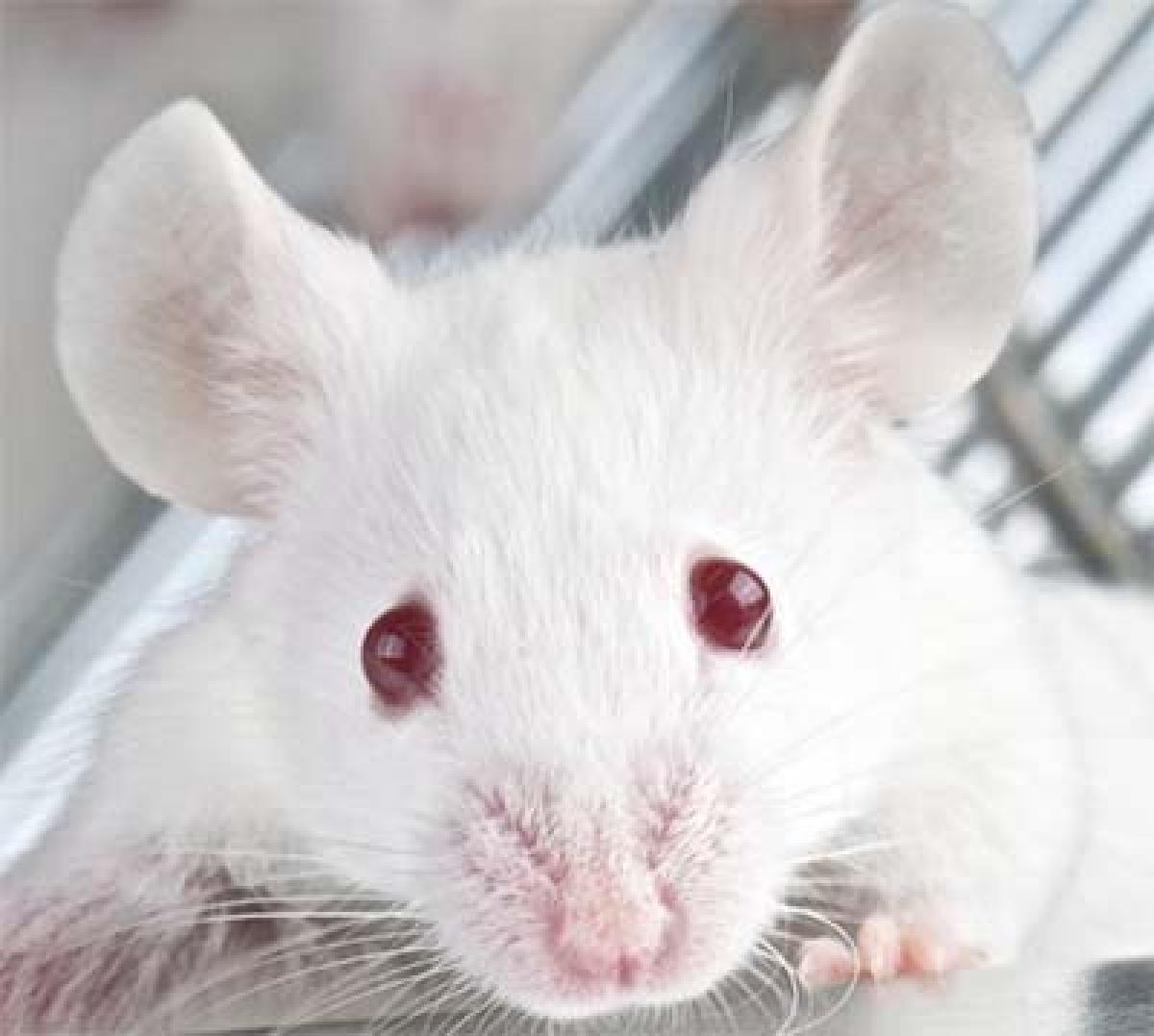Brainy mice may help treat brain disorders in humans

Altering a single gene has helped scientists create super intelligent mice and researchers believe that the findings could lead to new drugs for cognitive disorders such as Alzheimer\'s disease, schizophrenia and other conditions. The researchers altered the gene to inhibit the activity of an enzyme called phosphodiesterase-4B (PDE4B), which is present in many organs, including the brain.
 Altering a single gene has helped scientists create super intelligent mice and researchers believe that the findings could lead to new drugs for cognitive disorders such as Alzheimer's disease, schizophrenia and other conditions. The researchers altered the gene to inhibit the activity of an enzyme called phosphodiesterase-4B (PDE4B), which is present in many organs, including the brain.
Altering a single gene has helped scientists create super intelligent mice and researchers believe that the findings could lead to new drugs for cognitive disorders such as Alzheimer's disease, schizophrenia and other conditions. The researchers altered the gene to inhibit the activity of an enzyme called phosphodiesterase-4B (PDE4B), which is present in many organs, including the brain.
In behavioural tests, these mice showed enhanced cognitive abilities. "Cognitive impairments are currently poorly treated, so I am excited that our work using mice has identified phosphodiesterase-4B as a promising target for potential new treatments," said lead researcher Steve Clapcote, lecturer in pharmacology at the University of Leeds in England.
The findings are limited to mice and have not been tested on humans, but PDE4B is present in humans, the study pointed out. In tests, the "brainy mice" showed a better ability than ordinary mice to recognise another mouse that they had been introduced to the day before. They were also quicker at learning the location of a hidden escape platform in a test called the Morris water maze.
These intelligent mice were also found to be less fearful. The researchers are now working on developing drugs that will specifically inhibit the enzyme. These drugs will be tested in animals to see whether any would be suitable for clinical trials in humans.
"In the future, medicines targeting PDE4B may potentially improve the lives of individuals with neurocognitive disorders and life-impairing anxiety, and they may have a time-limited role after traumatic events," co-lead researcher Alexander McGirr, psychiatrist in training at the University of British Columbia in Canada noted.
The findings appeared in the journal Neuropsychopharmacology.














